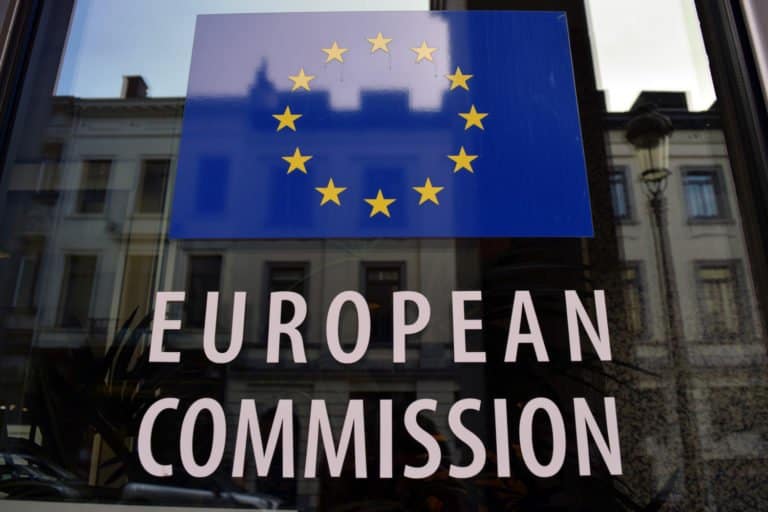Altice, Allianz, Omers allowed to proceed, subject to conditions.
The European Commission has approved the proposed acquisition of Covage by SFR FTTH. The purchasing entity is a company jointly controlled by Altice, Allianz and Omers. The acquisition comes under the EU Merger Regulation.
The approval is conditional on full compliance with a commitments package offered by the Altice, Allianz and Omers.
The Commission oversees competition policy in the 27-nation European Union. The body had previously voiced concerns that the takeover would reduce competition in the wholesale market for fibre-to-the-office (FTTO) networks. The Commission also feared that the acquisition could shut retail competitors from access to Covage’s fibre capacity at wholesale level.
Covage only sells fibre network access on the wholesale market. SFR FTTH is active in both wholesale and retail markets.
Parties offered substantial concessions to gain approval
To address the Commission’s concerns, the parties offered to divest most of Covage’s FTTO business. They also offered assets and services required to operate this divested business for a transitional period.
The divestment they proposed would be to a suitable buyer of 25 subsidiaries. It would include assets corresponding to Covage’s local fibre loop business on the territory of 30 public institutions.
These subsidiaries and assets consist in FTTO networks and represent approximately 95% of Covage’s FTTO business.
The parties also offered a transitional service agreement. This would include access to all assets and services required to operate the divested business competitively.
The agreement would remain in force for a period sufficient to enable SFR FTTH to become fully independent.
In the end, the EC confirmed that the proposed transaction did not raise competition concerns in any other markets. In particular, the commission found that the wholesale markets for FTTH access networks would not be negatively impacted.
This is probably due to the fact that applicable laws and France’s national telecoms regulator (ARCEP) have put several regulatory tools in place to keep the markets competitive.
